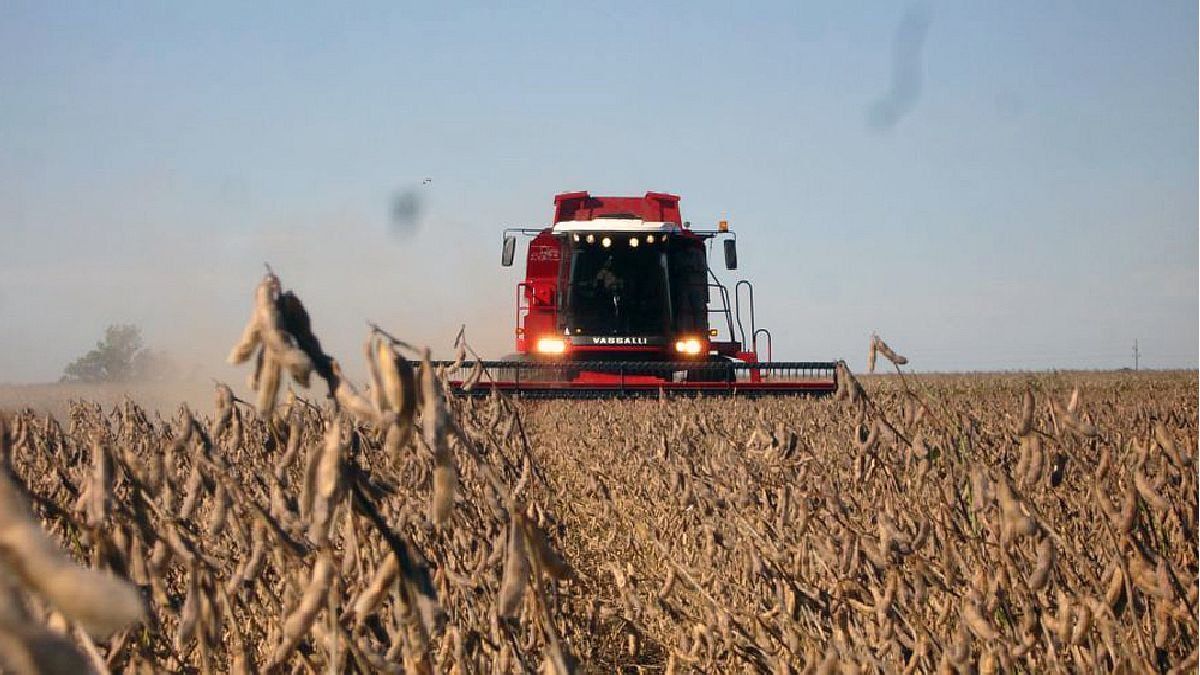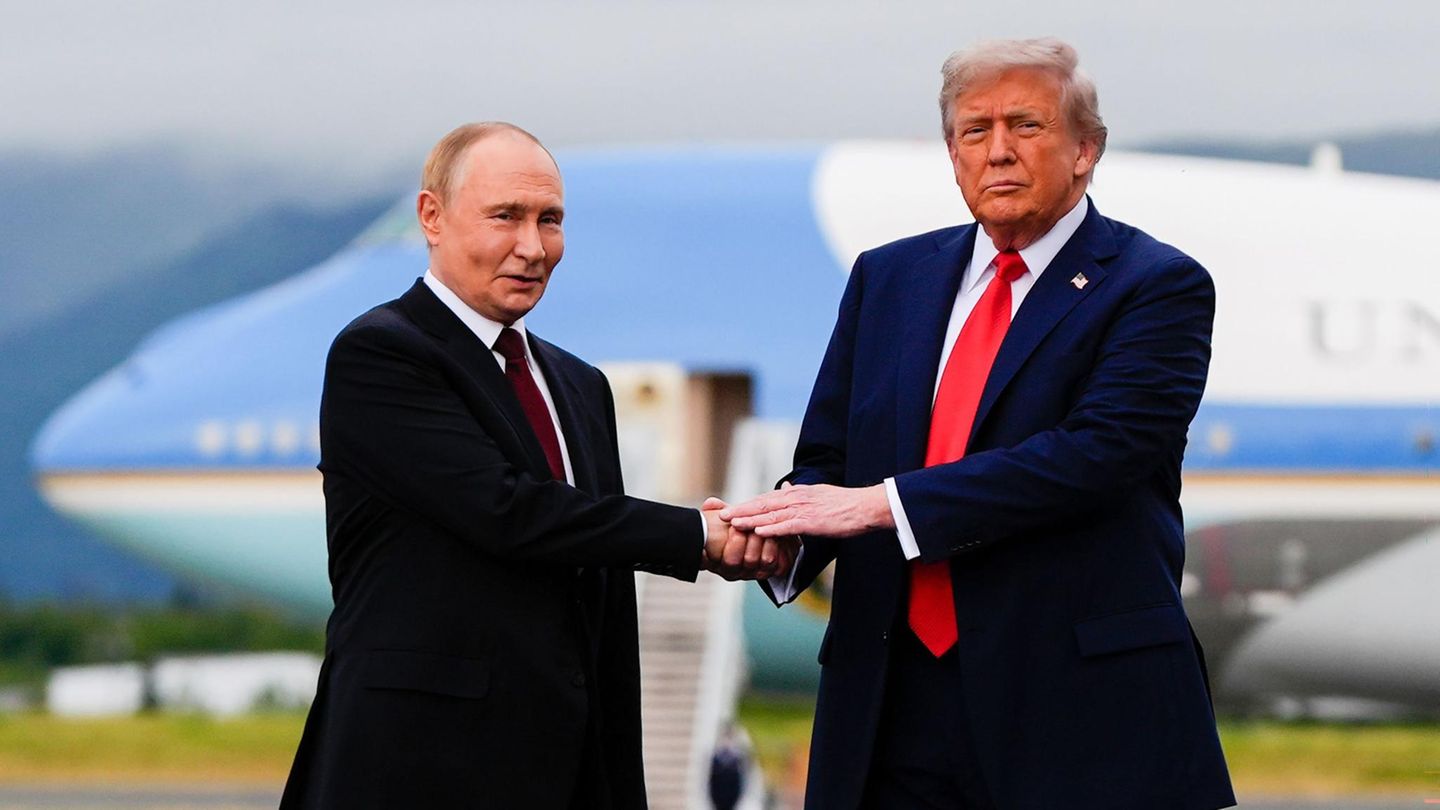As planned, the text established that from now until December 31, the rate of export duty paid by certain foods will be increased, among which are flour and soybean oil, which will pay from 31% to 33%. In the briefs, the national authorities argued that “the Russian Federation’s invasion of Ukraine has significantly affected the global supply of agricultural products.”
“Both nations contribute 28% of the international trade of wheat, 19% of corn and 78% of sunflower oil to total world food security, particularly affecting these markets, impacting their international prices and reaching increases historic,” the government said.
And he added: “Since the Argentine Republic is a relevant global supplier of these products, it is necessary to encourage producers to continue growing in the production of these cereals and this oilseed that the world demands.”
Despite the fury that this decision provoked in the agrarian sector, in Casa Rosada they maintain that “it was necessary to dictate a transitory and temporary measure” that increases the withholdings of other merchandise, such as flour and soybean oil, “in order to that the surplus that is collected be destined to guarantee policies tending to avoid an additional cost in food for the population in general and, particularly, for the sectors of lower income”.
Along these same lines, through Decree 132/2022, the so-called “Argentine Wheat Stabilizer Fund” was created, an administration and financial trust that will have the objective of “stabilizing the cost of a ton” of this cereal “that the mills buy ” at the national level. It will be financed with the additional money that will come in from the increase in withholdings on soybean meal and oil. With the rise from 31 to 33%, the price of a 25-kilo bag of flour that is sold to bakeries will be subsidized.
This program seeks to “guarantee a heritage of specific affectation that contributes to mitigate the rise in the price of the ton of wheat required by the Argentine milling chain, considering the values, prior to the conflict (in Ukraine), of the merchandise involved” .
The news came hours after the recorded message that Alberto Fernández issued on Friday in which he launched the “war against inflation”, although without providing too many announcements.
“I have given instructions to my ministers and ministers to build agreements with the different sectors but not to hesitate to apply all the tools of the State to set and enforce the necessary measures. They will be in charge of keeping you informed daily about the measures that will be implemented from this very moment,” said the president.
The measure generated immediate rejection from various sectors of the industry.
“This generates a climate of mistrust and uncertainty (…) I think it is on the way to a national protest,” he told La Nación+ Jorge Chemes, president of the Argentine Rural Confederations (CRA)on Saturday after knowing the measure.
For its part, the Chamber of the Argentine Oil Industry (CIARA) rejected the rise in export duties for soybean meal and oil, considering that it is a measure that “has no legality”, discourages exports and threatens “the industrialization of soybeans in the country.”
“The agro-export companies are analyzing all legal actions to question this right,” CIARA said in a statement posted on Twitter.
To try to combat inflation, the government also intervened in agricultural export markets in 2020. Last year for a few weeks it applied quotas to corn shipments, while foreign sales of beef still have limits.
Source: Ambito
David William is a talented author who has made a name for himself in the world of writing. He is a professional author who writes on a wide range of topics, from general interest to opinion news. David is currently working as a writer at 24 hours worlds where he brings his unique perspective and in-depth research to his articles, making them both informative and engaging.




